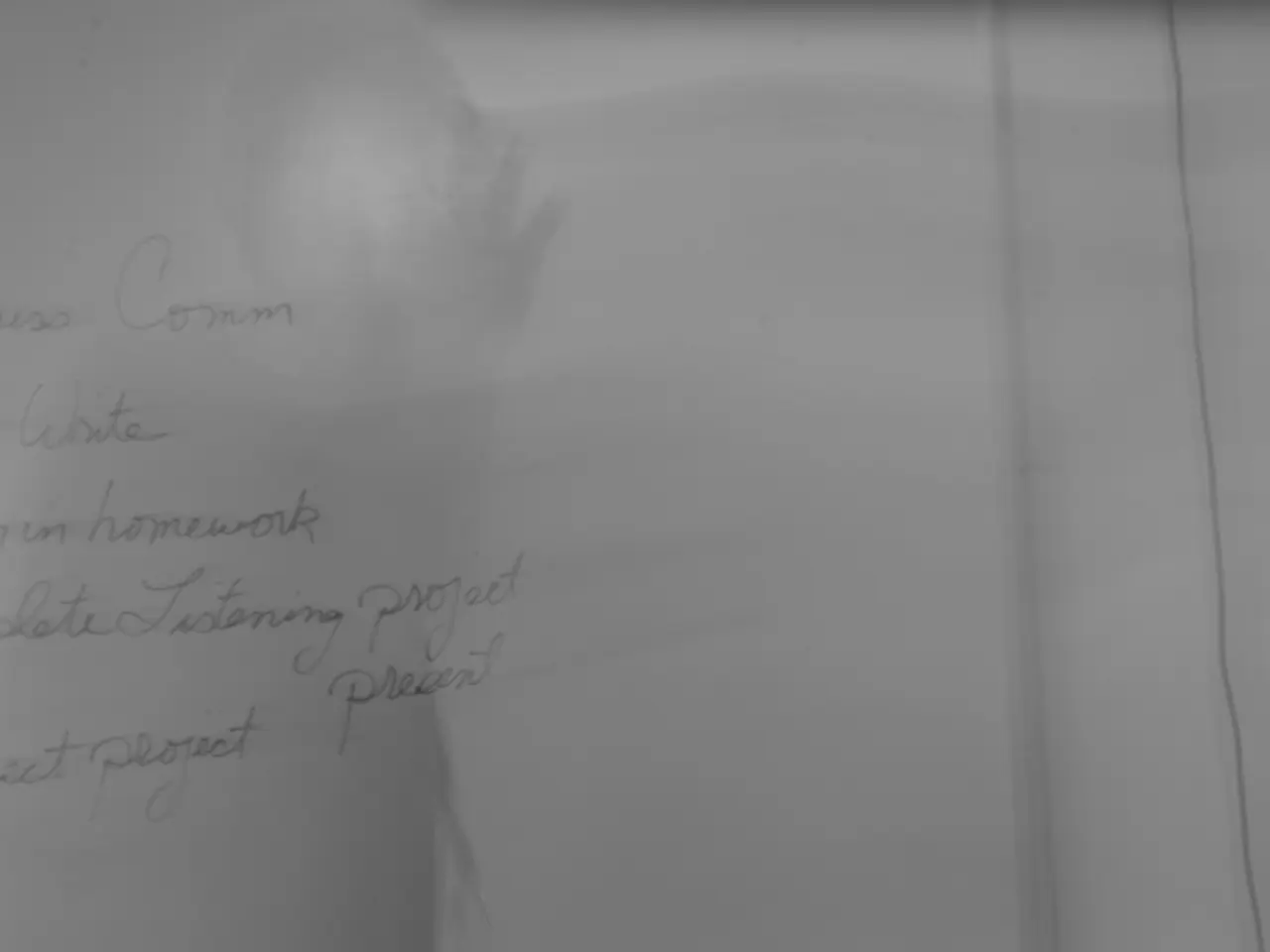Uncovering the Connection between Minimalism and Perfectionism
Minimalism and perfectionism, two seemingly similar concepts, have significantly different effects on mental health, productivity, and relationships.
Minimalism: The Path to Intentional Living
Minimalism is a mindset and lifestyle focused on intentional living with less. It encourages simplifying commitments and lifestyle to align with personal values and reduce overwhelm. This approach tends to positively impact mental health by lowering stress, fostering clarity, and increasing the ability to focus on what truly matters.
Minimalism can promote healthier relationships by encouraging presence and reducing the mental load associated with excess possessions and commitments. By removing unnecessary tasks and belongings, a sense of direction and priority is increased, leading to a more focused and balanced life.
Perfectionism: A Self-Sabotaging Mindset
Perfectionism, on the other hand, involves a compulsive striving for flawlessness, often tied to unrealistic standards and fear of failure or rejection. This mindset can be self-sabotaging, leading to chronic stress, burnout, and emotional exhaustion.
Perfectionism negatively affects mental health by increasing anxiety, self-doubt, irritability, and can contribute to reduced life satisfaction and motivation. Productivity may suffer because perfectionists can procrastinate or become stuck trying to perfect tasks rather than completing them. Relationships may be strained due to high expectations for oneself and others, fostering conflict, dissatisfaction, or emotional withdrawal.
The Differences Between Minimalism and Perfectionism
While minimalism emphasizes acceptance and intentionality, perfectionism revolves around fear of inadequacy and excessive self-imposed pressure. Minimalism encourages reducing clutter to improve mental health, productivity, and relationships, while perfectionism often leads to mental health disorders, decreased productivity, and strained relationships due to its rigid and self-critical nature.
It's important to note that minimalism is not about living in a stark white room with strategically placed objects. It's about finding a balance that works for you and aligns with your personal values. Similarly, perfectionism and minimalism are often mistaken for each other, but they are fundamentally different in their approach and outcomes.
In summary, minimalism generally promotes mental well-being, productivity, and better relationships by reducing distractions and mental clutter, while perfectionism tends to impair mental health, decrease effective productivity, and strain relationships due to its rigid and self-critical nature. By understanding these differences, individuals can make informed decisions about adopting practices that foster a healthier, happier, and more productive life.
[1]: Source for minimalism's benefits on mental health, productivity, and relationships [2]: Source for perfectionism's negative effects on mental health and productivity [3]: Source for minimalism's impact on relationships [5]: Source for both minimalism's and perfectionism's effects on mental health, productivity, and relationships
- Minimalism, by fostering intentionality and simplicity, can lead to improved mental health, productivity, and relationships, as backed by various scientific research [5].
- In contrast, perfectionism, marked by a drive for flawlessness and self-imposed pressure, often results in mental health disorders, decreased productivity, and strained relationships [2].
- A personal blog detailing a minimalist lifestyle can serve as a valuable resource for those seeking to adopt an intentional space and mindset that prioritizes health-and-wellness, mental-health, education-and-self-development, and personal-growth.
- Embracing a lifestyle rooted in minimalism can help remove clutter, both physically and mentally, thus promoting a sense of peace and clarity [1].
- Adopting a minimalist approach to education-and-self-development encourages focusing on essential skills and knowledge while gradually phasing out unnecessary distractions, contributing to lifelong learning and personal growth.
- Minimalism, when practiced intentionally, can help individuals cultivate positive relationships by fostering presence, mindfulness, and a deeper appreciation for others [3].
- It's crucial to recognize that minimalism and perfectionism, despite seemingly similar, are distinct entities with contrasting effects on one's lifestyle, mental health, and relationships [4].




